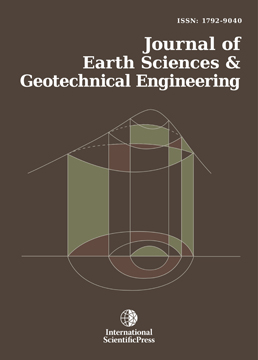Journal of Earth Sciences and Geotechnical Engineering
Impacts of Climate Variability on Food Security in Northern Ghana
-
 [ Download ]
[ Download ]
- Times downloaded: 10552
-
Abstract
The problem of climate variability and its impact on food security in terms of agricultural productivity continues to attract scientific research in many parts of the tropics. Temporal variability of rainfall is associated with the yields of rainfed crops. In the North of Ghana perennial food shortage has been of major concern. The paper present an overview level analysis of the major climate variability factors in two districts (Bawku and Yendi) and to identify areas and periods with high levels of climate variability that have the potential to limit or adversely affect crop or livestock production. Analyses with regards to some aspects of rainfall management of the two districts were carried out using INSTAT. Participatory Rapid Rural Appraisal surveys were conducted on some selected communities of the two Districts for information on farming systems, vulnerability to climate variability and their coping strategies. Climate variability factors that have the potential for climatic stress on food security and the lack of environmental consciousness resulting in poor land and water management were contributed to seasonal food deficits in both areas. The two Districts of Yendi and Bawku are seasonally faced with problems of food deficits, probably due to lack of environmental consciousness resulting in poor land and water management.
